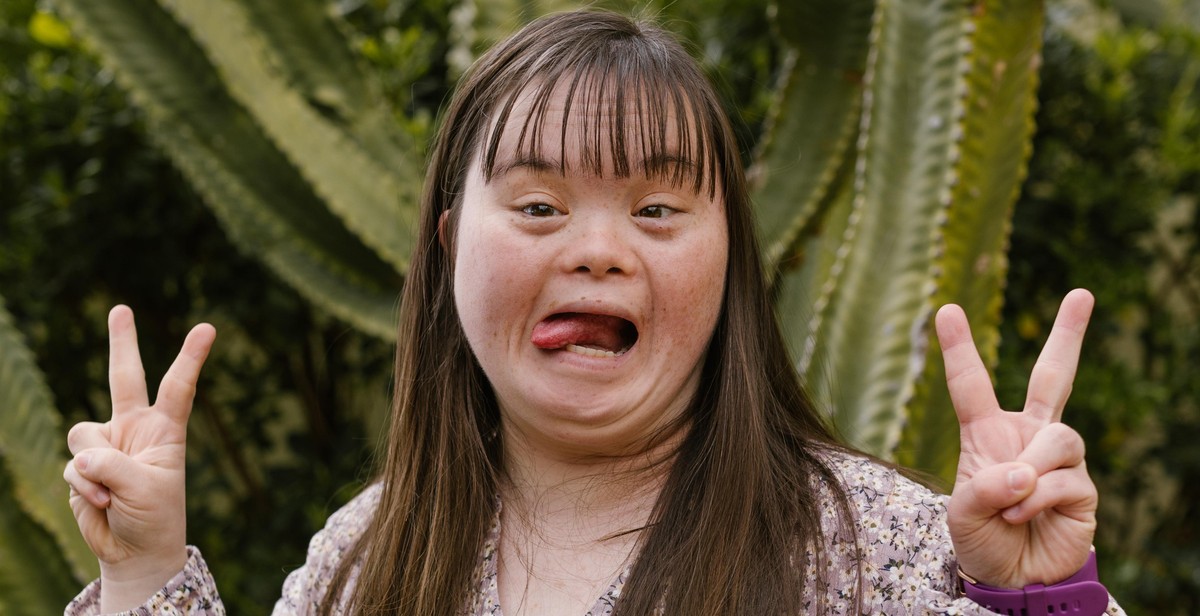Early Signs of Autism Spectrum Disorder: A Guide for Parents
As a professional article writer and content creator, I have had the opportunity to work with many parents who have children with autism spectrum disorder (ASD). I have seen firsthand the challenges that parents face when trying to identify early signs of ASD in their children. In this guide, I will share my personal experience and knowledge to help parents recognize the early signs of ASD and seek early intervention.
What is Autism Spectrum Disorder?
Autism Spectrum Disorder is a developmental disorder that affects communication, social interaction, and behavior. It is a spectrum disorder, which means that it affects individuals differently and to varying degrees. Some individuals with ASD may have difficulty with social interactions and communication, while others may have repetitive behaviors or intense interests in specific topics.
According to the Centers for Disease Control and Prevention (CDC), about 1 in 54 children in the United States has been identified with ASD. Early intervention is critical in helping children with ASD reach their full potential.
Early Signs of Autism Spectrum Disorder
Recognizing the early signs of ASD can help parents seek early intervention and support for their child. Some of the early signs of ASD may include:
- Lack of or delay in spoken language
- Lack of interest in social interaction
- Lack of eye contact
- Repetitive movements or behaviors
- Intense interest in specific topics
It is important to note that not all children with ASD will display these early signs, and some children may display signs that are not on this list. If you have concerns about your child’s development, it is important to speak with your doctor or a qualified healthcare professional.
Conclusion
Early intervention is key in helping children with ASD reach their full potential. By recognizing the early signs of ASD and seeking support, parents can help their child thrive. In the following sections, we will explore each of these early signs in more detail and discuss how parents can seek early intervention and support for their child.

Early Signs of Autism Spectrum Disorder
Autism Spectrum Disorder (ASD) is a developmental condition that affects communication, social interaction, and behavior. According to the Centers for Disease Control and Prevention (CDC), approximately 1 in 54 children in the United States have ASD.
Social Communication and Interaction
One of the most common early signs of ASD is difficulty with social communication and interaction. Children with ASD may:
- Not respond to their name by 12 months of age
- Not point at objects to show interest by 14 months of age
- Not engage in pretend play by 18 months of age
- Have difficulty making eye contact
- Prefer to play alone and not engage with others
- Have difficulty understanding social cues
- Not understand how to initiate or maintain a conversation
It is important to note that not all children with ASD will have difficulty with social communication and interaction. Some children may have good language skills but struggle with social interaction, while others may have delayed language development.
Repetitive Behaviors and Restricted Interests
Another common early sign of ASD is repetitive behaviors and restricted interests. Children with ASD may:
- Have a strong attachment to certain objects
- Engage in repetitive movements such as rocking, hand flapping, or spinning
- Have a strict routine and become upset if the routine is disrupted
- Have a limited range of interests
- Focus intensely on a specific topic or activity
It is important to note that some of these behaviors may be typical in young children, but in children with ASD, they may be more intense and interfere with daily activities and social interaction.
Conclusion
Early identification and intervention is key in improving outcomes for children with ASD. If you notice any of these early signs in your child, talk to your pediatrician or a developmental specialist for further evaluation and support.

Diagnosis and Treatment of Autism Spectrum Disorder
Diagnostic Process
Diagnosing autism spectrum disorder (ASD) can be a complex process. It typically involves a team of healthcare professionals, including a pediatrician, psychologist, and speech therapist. The diagnostic process may include:
- Developmental screening
- Comprehensive evaluation
- Observation of the child’s behavior
- Interviews with parents and caregivers
The American Academy of Pediatrics recommends that all children be screened for developmental delays during regular well-child visits at 9, 18, and 24 or 30 months of age. If a child shows signs of autism, further evaluation may be necessary.
A comprehensive evaluation for ASD may include:
- Medical history and physical exam
- Standardized autism-specific tests
- Speech and language evaluation
- Occupational therapy evaluation
- Psychological assessment
Treatment Options
There is currently no cure for autism spectrum disorder, but early intervention and treatment can improve outcomes and quality of life for children with ASD. Treatment options may include:
- Behavioral therapy – such as applied behavior analysis (ABA) or cognitive behavior therapy (CBT)
- Social skills training
- Speech and language therapy
- Occupational therapy
- Medications – such as antidepressants or antipsychotics to manage symptoms such as anxiety or aggression
Behavioral therapy is often considered the most effective treatment for ASD. ABA is a type of behavioral therapy that uses positive reinforcement to teach new skills and behaviors. CBT can help children with ASD manage anxiety and improve social skills.
Social skills training can help children with ASD learn how to interact with others in a positive way. Speech and language therapy can improve communication skills, while occupational therapy can help children improve their motor skills and ability to perform daily activities.
Medications may be used to manage symptoms of ASD, but they are typically not considered a first-line treatment. Antidepressants may be used to manage anxiety or depression, while antipsychotics may be used to manage aggression or irritability.
| Treatment Option | Description |
|---|---|
| Behavioral therapy | Uses positive reinforcement to teach new skills and behaviors |
| Social skills training | Helps children learn how to interact with others in a positive way |
| Speech and language therapy | Improves communication skills |
| Occupational therapy | Helps children improve motor skills and ability to perform daily activities |
| Medications | May be used to manage symptoms such as anxiety or aggression |

Support for Parents
Receiving a diagnosis of Autism Spectrum Disorder (ASD) for your child can be overwhelming and stressful. However, as a parent, it is important to remember that you are not alone. There are many resources and support groups available to help you cope with the challenges that come with raising a child with ASD.
Coping Strategies
It is important to take care of your own mental health and well-being as you navigate the challenges of raising a child with ASD. Here are some coping strategies:
- Connect with other parents who have children with ASD
- Take breaks when you need them
- Practice self-care activities such as exercise, meditation, or hobbies
- Seek professional help if you are struggling with your mental health
Resources
There are many resources available to help parents of children with ASD. Here are some helpful resources:
| Resource | Description |
|---|---|
| Autism Speaks | A non-profit organization that provides resources and support for individuals with ASD and their families |
| National Autism Association | An organization that provides advocacy, education, and support for individuals with ASD and their families |
| Autism Society | An organization that provides information, advocacy, and support for individuals with ASD and their families |
Support Groups
Support groups can be a great way to connect with other parents who are going through similar experiences. Here are some support groups for parents of children with ASD:
- Autism Support Network
- Autism Parenting Magazine
- Parents of Autistic Children Everywhere (PACE)
Remember, it is important to seek support and connect with others who understand what you are going through. You are not alone in this journey.
